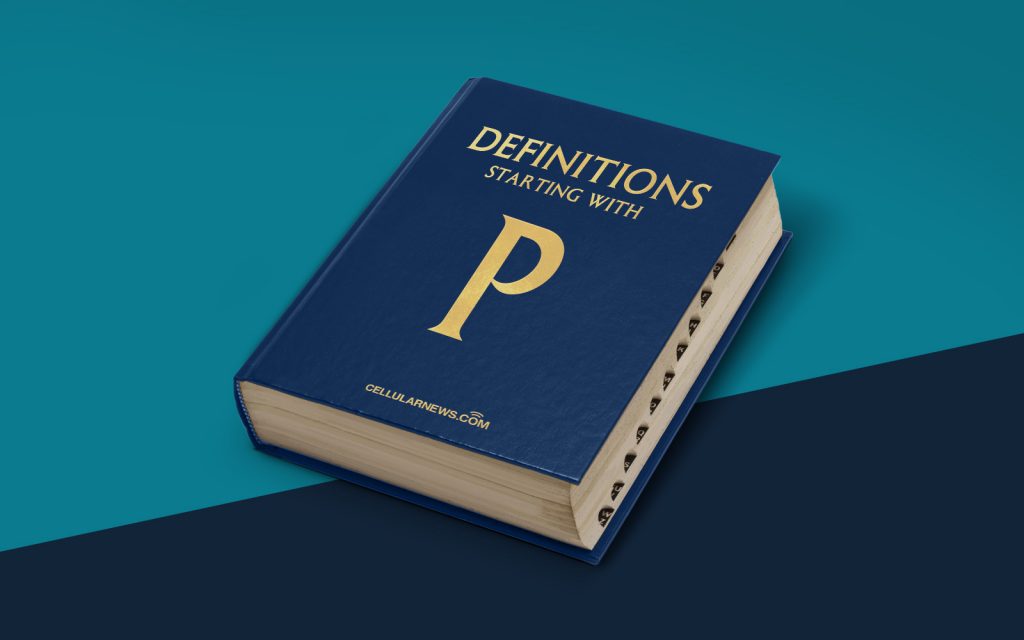
What is a Preprocessor Directive?
Have you ever wondered how programming languages like C, C++, or even JavaScript are able to handle complex tasks? One of the key components enabling this functionality is the use of preprocessor directives. In this blog post, we’ll explore what preprocessor directives are, how they work, and their importance in programming.
Key Takeaways:
- Preprocessor directives are instructions in programming languages that are processed before the actual compilation or interpretation of the code.
- They provide a way to modify the source code, define constants, include header files, and enable conditional compilation.
A preprocessor directive is a command or set of commands that instructs the preprocessor (a program that processes source code files) to perform specific tasks before the code is compiled or interpreted. These directives are typically specified using special symbols or keywords that are recognized by the programming language’s preprocessor.
Preprocessor directives can be used for various purposes, such as including header files, defining constants, and enabling conditional compilation. Let’s take a closer look at some common use cases:
- Including Header Files: In C and C++, preprocessor directives are commonly used to include header files that contain function prototypes and declarations. By including these files using the #include directive, we can access functions and variables defined in other source files, making our code modular and reusable.
- Defining Constants: Preprocessor directives also allow us to define constants that can be used throughout our code. For example, the #define directive can be used to declare a constant value, making our code more readable and maintainable.
- Conditional Compilation: With preprocessor directives, we can selectively compile or exclude specific portions of code based on pre-defined conditions. This allows us to create different versions of a program depending on the target platform or specific requirements. The #ifdef and #ifndef directives are commonly used for conditional compilation.
So why are preprocessor directives important? They provide a way to optimize, customize, and enhance our code during the compilation process. By utilizing preprocessor directives effectively, we can improve code organization, reduce redundancy, and make our programs more efficient and flexible.
In conclusion, preprocessor directives play a crucial role in programming languages like C, C++, and others. They allow us to modify the source code, define constants, include header files, and enable conditional compilation, all of which contribute to the overall functionality and flexibility of our programs. Understanding and utilizing preprocessor directives effectively can greatly enhance our coding experience and lead to more efficient and maintainable software.
